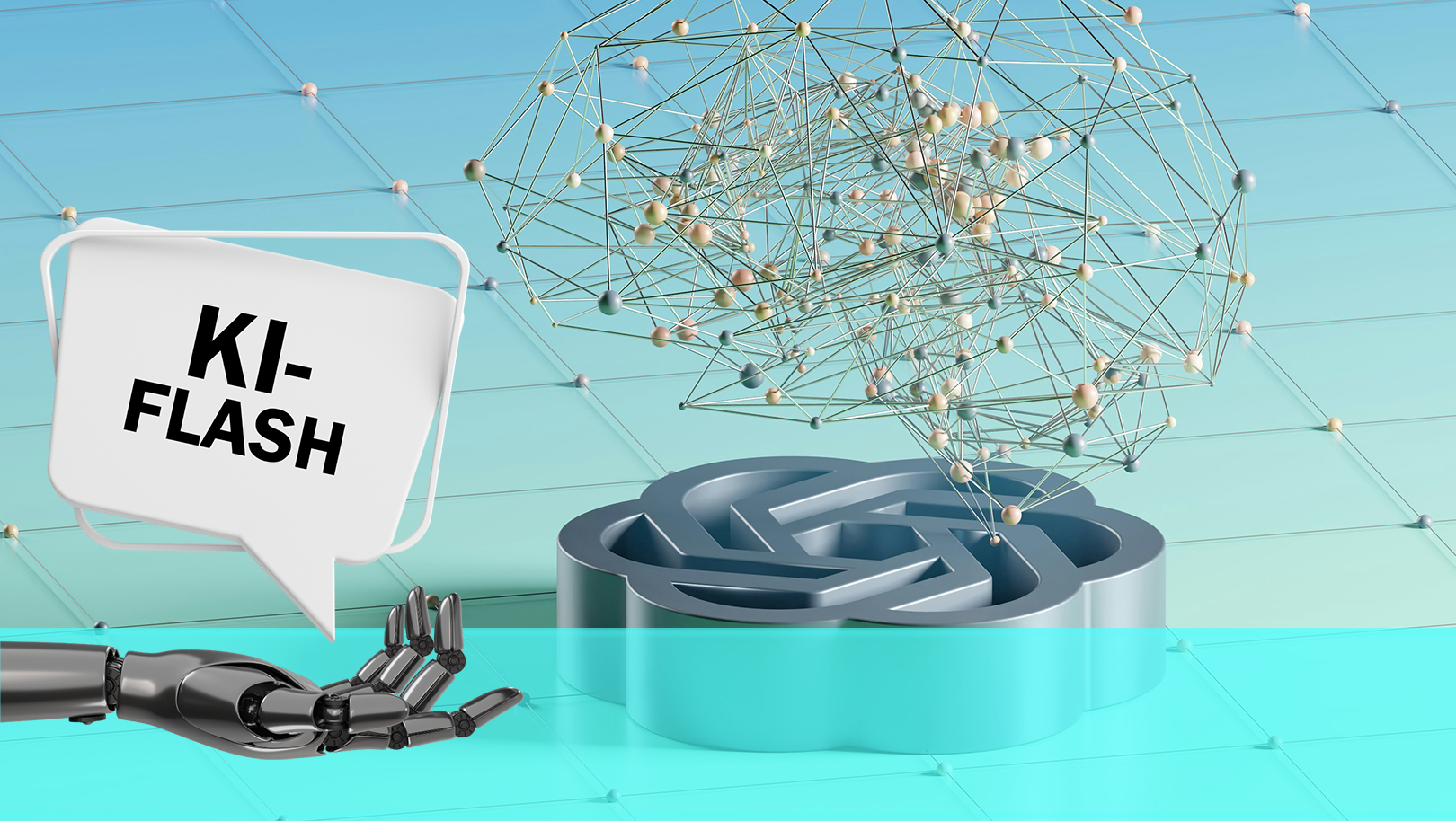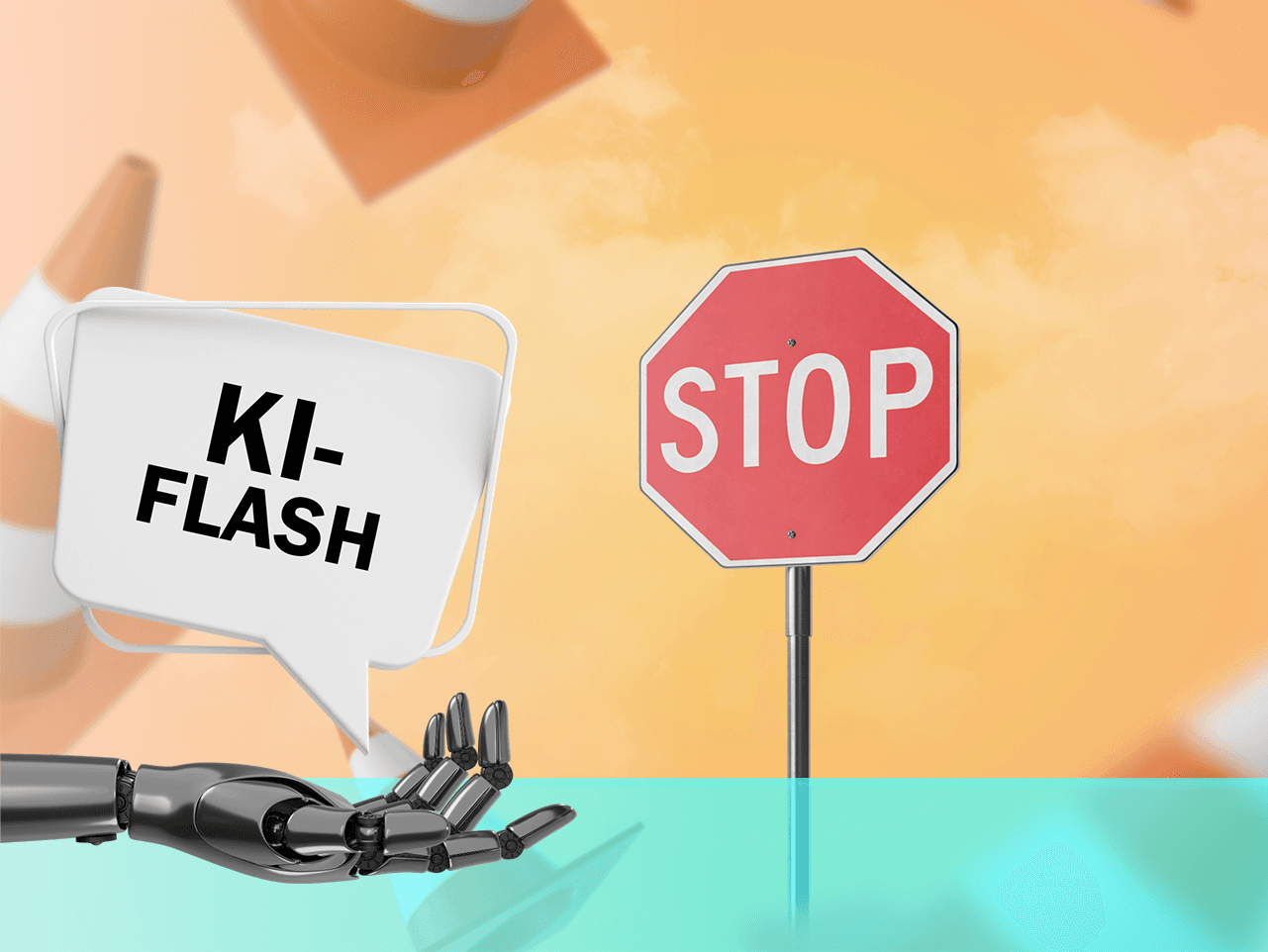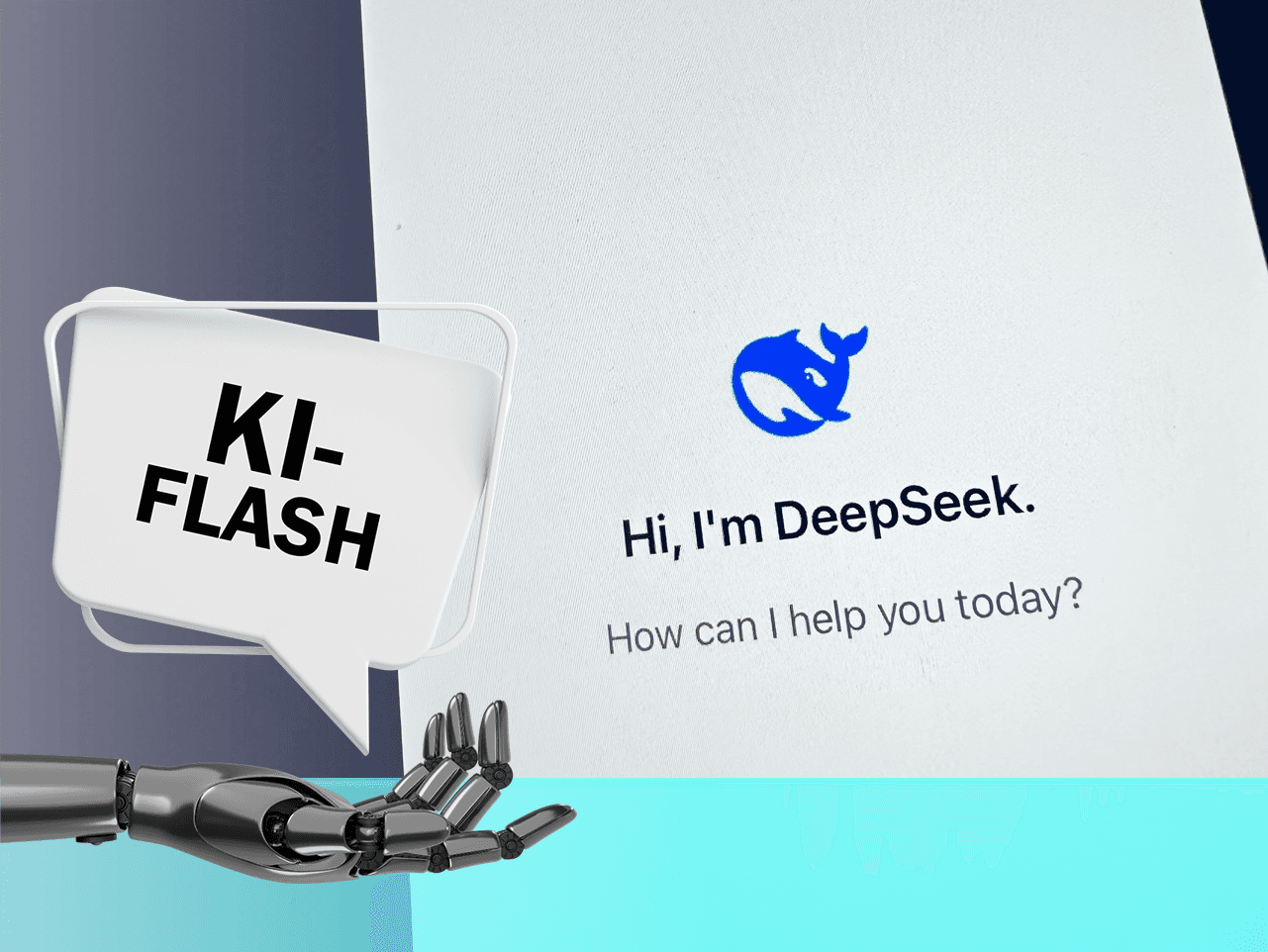After reporting on the Hamburg Commissioner for Data Protection and Freedom of Information's note on the effects of the SCHUFA ruling on AI applications in our last AI Flash, we would like to continue to provide you with legal impulses at regular intervals. As time is a rare commodity in today's society, we want to get straight to the point with our "AI Flash" and summarize the legal challenges briefly and concisely:
Today's topic: Co-determination rights of the works council when using ChatGPT?
More and more companies are proactively allowing their employees to use generative AI tools to support their work activities. However, when ChatGPT & Co. are introduced, the question arises as to whether the works council has a right of co-determination in this regard. According to a recent decision by the Hamburg Labour Court dated 16.01.2024 (24 BV Ga 1/24), this is not the case - however, the company's specific deployment model was decisive.
Facts of the case
In the case to be decided by the Hamburg Labor Court, a company wanted to enable its employees to use common AI applications such as ChatGPT as part of their work activities. To this end, it published corresponding guidelines, directives and a manual on the intranet to sensitize and inform its employees about the type and scope of the use of AI. It also pointed out that the work results achieved using AI had to be labeled accordingly. However, the company decided not to make the corresponding AI applications available to employees itself, but only allowed them to use private accounts for business purposes at their own expense. As a result, no AI applications were installed on the company's systems, nor were there any company accounts provided to employees for business use. They were only used via the employees' browser-based accesses. The works council saw this as a violation of its co-determination rights and sought interim legal protection to prohibit the use of corresponding AI applications.
Decision
In the opinion of the Hamburg Labor Court, a right of co-determination of the works council cannot be assumed in the present case.
There was no right of co-determination pursuant to Section 87 (1) sentence 1 no. 1 BetrVG (issues relating to the organization of the company or the conduct of employees in the company), as the use of these AI tools fell under the scope of work conduct not subject to co-determination. The provision of AI directives, guidelines or handouts are also orders that relate to the manner in which work is carried out without co-determination.
Furthermore, pursuant to Section 87 (1) sentence 1 no. 6 BetrVG (introduction and use of technical equipment intended to monitor the behavior or performance of employees), there is no right of co-determination in the opinion of the Hamburg Labour Court. Firstly, ChatGPT and Co. were not installed on the company's systems, and secondly, although the dial-in and use of the tool via the browser is regularly recorded, this is not a special feature of ChatGPT, but is simply due to the functionality of the web browser. With regard to the use of the web browser itself, there was therefore a right of co-determination. However, a group works agreement already existed on the use of browsers, meaning that the works council had already exercised its right of co-determination under Section 87 (1) sentence 1 BetrVG in this respect. The labeling of the work results generated with the help of AI required in the specific case also does not trigger a right of co-determination. This is because the labeling and the company's associated control options are carried out by the employees themselves and not by the tool.
Outlook and practical advice
The decision of the Hamburg Labor Court makes it clear that the question of whether the works council has a right of co-determination for tools such as ChatGPT always depends on the specific application scenario. In this particular case, the company only permitted the use of browser-based AI applications for private accounts. It should also be noted that a group works agreement on the use of browsers by employees was already in place in this case. In the absence of such an agreement, this use is in principle a measure subject to co-determination - regardless of its use for AI tools.
However, many companies will have an interest in controlling and managing the activity-related use of such tools on the system side and making such applications available to employees themselves on the company side. This is particularly true in light of the fact that the use of AI such as ChatGPT raises further legal issues that companies need to consider (we have reported on this here and here).
If a company grants its employees the use of AI via a company account or uses an "enterprise" solution with associated employee accounts, the legal situation may therefore have to be assessed differently. The same applies if customized AI solutions are to be used that can be adapted for special use cases in the company. Such applications are also usually provided in the company's own IT environment, so that their use will usually lead to a right of co-determination of the works council pursuant to Section 87 (1) No. 6 BetrVG. However, the employer must inform the works council when using AI tools, Section 90 (1) No. 3 BetrVG.





